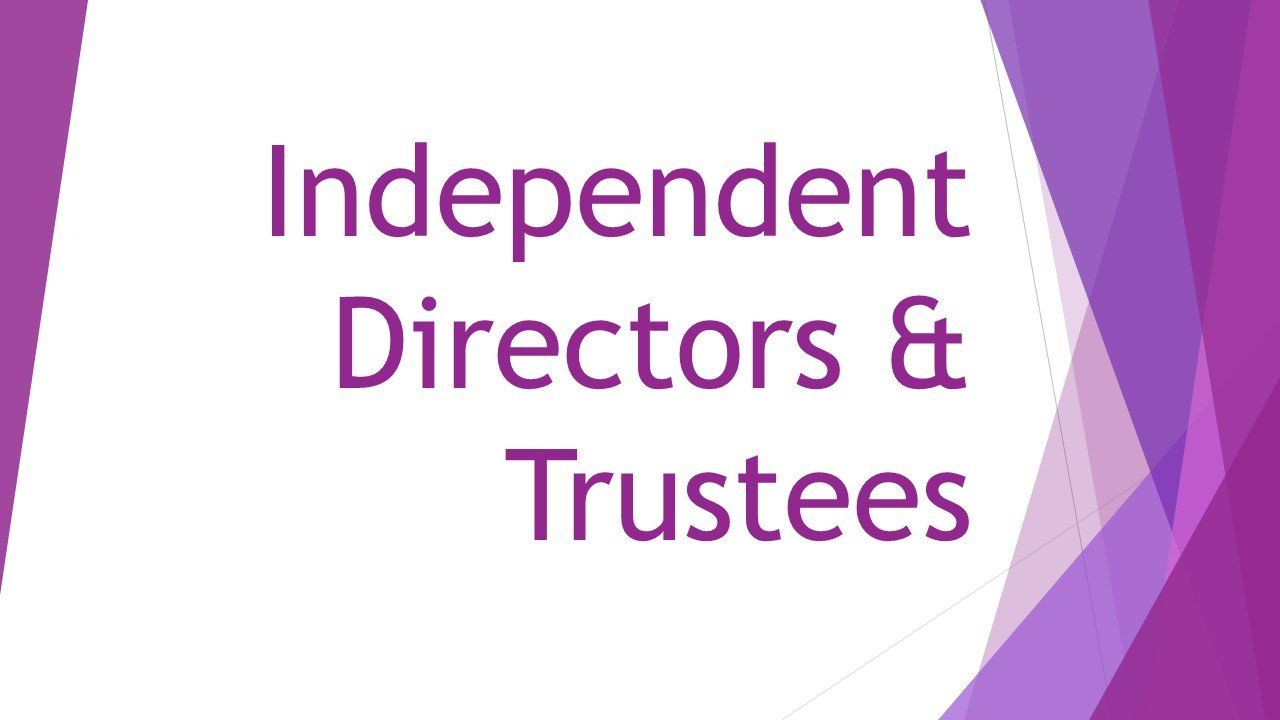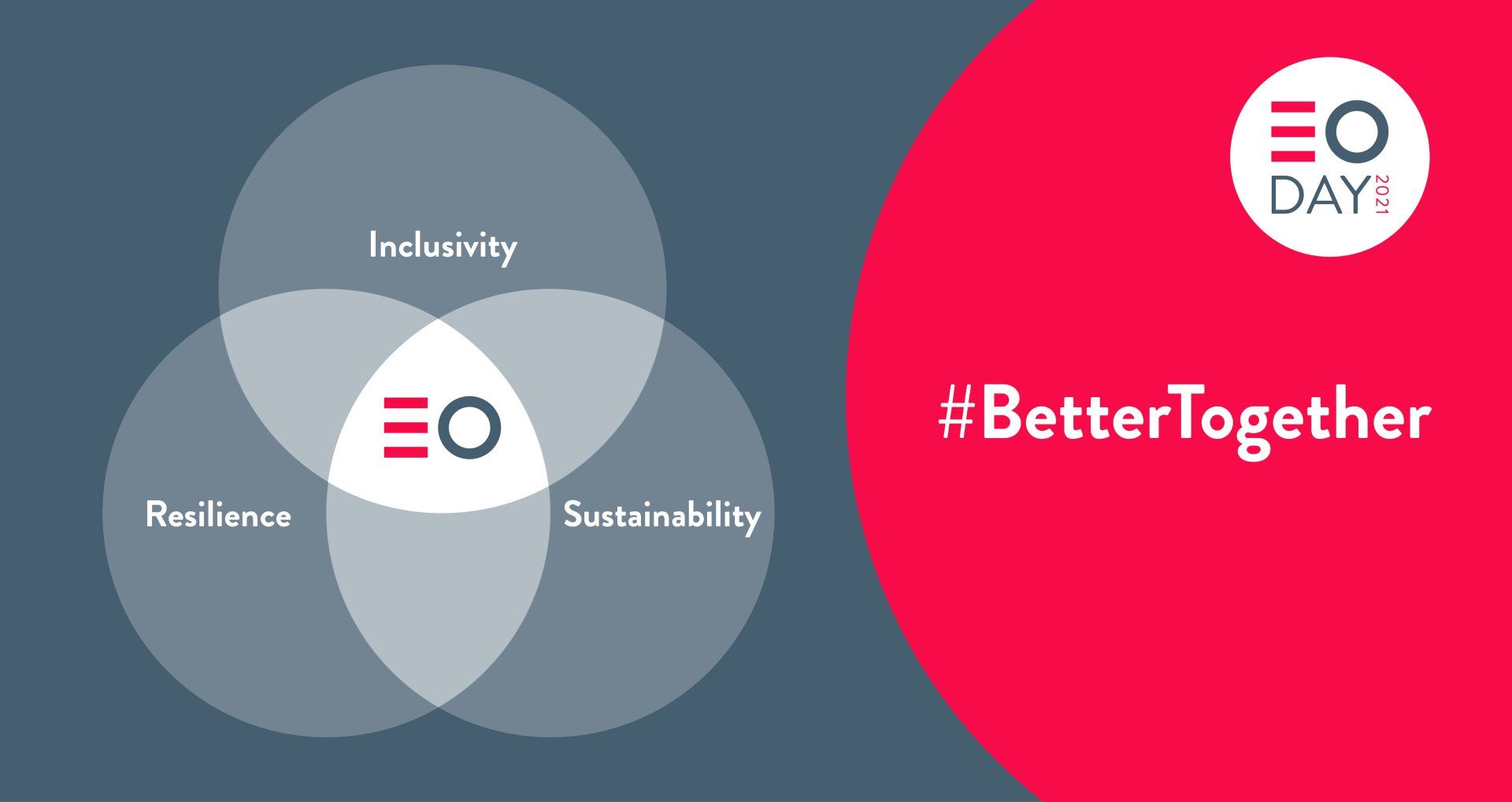Leadership in a Time of Crisis
- by Sue Lawrence
- •
- 01 May, 2020
Three interlinked areas of focus for business leaders during a time of crisis, whatever that crisis may be.

Much is being written about the actions of leaders during a crisis, both the good and the bad, and the impact they can have on those around them. There’s also a need to recognise the attributes that an effective leader should showcase.
Three inter-connected actions come to mind: Awareness, Agility and Communication.
Awareness of what is happening internally in the company, externally in the community and more widely across the country and world. Those individuals who are leading their company in recognizing that this is a different environment. That the old rules don’t apply, or at least need to be flexed to enable continuation of the core essentials.
Awareness that short-term gain is not the current focus but that cooperation, collegiality and focus on key deliverables that help society are important now and can enable a company to not only contribute now but could also act as a trigger for considering what the future could look like.
The emotional intelligence of leaders has become a frequently documented attribute. Intelligence in isolation is not enough. Awareness of surroundings, empathy with others and the situation we are in is a core attribute of a successful leader. Being able to recognise moods, adapt actions and align thoughts, both personally and as a business leader, creates effective leadership.
Agility in being able to lead their company in changing, updating, developing and adapting products, services and working practices to be relevant in the current market. Rapidly encouraging and leading change to meet the current need not just of traditional customers, but also of the wider community. During the various stages of the Covid-19 crisis, think of manufacturing companies that refocused their factories to produce PPE, firms with vehicles diverting them to transport essential items and R&D firms developing new products to support in the fight against Covid-19, amongst many others, large and small.
Effective leaders encourage, support and enthuse about these changes. Supporting agility in production, not just agility of working practices imposed through social distancing. Their thinking is agile enough to recognise short term change, whilst simultaneously considering the future. Are the current changes long-term opportunities and what are the benefits that can be taken? New connections being made whilst working collaboratively could become long-term partners or could create new opportunities in the future.
Communication is always one of the most important roles of a leader, internally as well as externally. Communicating the actions of the company, its awareness of its position and contribution to society as it is now, as well as in relation to employees, their families and the community. In times of crisis too often leaders revert to driving to solutions, assuming that the final outcome will be sufficient in isolation. However, communication throughout, ensures that all employees, customers and stakeholders are on the same journey, understand what the end goal is and what that journey looks like.
Effective communication is subjective and aligned to the leader themselves as well as the culture of the organisation they lead. Whether it is regular emails, occasional webinars, ad hoc virtual team presentations, facilitated workshops or any of the wide ranging forms of contact that can be used to reduce the distance during a time of social distancing, a leader needs to use the most appropriate tools to suit their company. The similarity across all should be openness. Sharing as much as can be shared, both good and challenging. Explaining actions being taken or those that are not. Encouraging responses and the sharing of ideas. Focusing on the shared goal, which in many cases is survival of the business and getting through this extremely challenging period.
Authentic communication is key. Communicating personally, engaging directly and messaging from the heart. Too frequently, corporate communications promote one message but have an underlying tone that says another. The words communicate positivity, but the underlying tone remains focused on profitability. How many corporate emails have you received from a mailing list that showcases all the good actions that are being taken in the current crisis but there is still an underlying tone that says ‘buy more’, support our profits, keep our company not just alive but also delivering greater revenue than this time last year. At the current time, no company should be seeing this crisis solely as an opportunity to increase profits for personal or shareholder gain.
As an example, there has been a significant increase in awareness of the importance of employee wellbeing for all companies. No doubt you, like me, can think of leaders who appear to be paying lip-service to this trend, saying the right words whilst cutting funding to employee initiatives and focusing purely on financial profits. In the current crisis this is one area that should be top of an executive agenda. Awareness of the impact of restrictions on the mental health of their employees, whether furloughed or continuing to work in isolation, or on the front line. Agile in supporting their HR teams in providing increased support to all employees. Communicating what is happening and how they’re fully supporting it.
It’s been fascinating to see that some leaders who are traditionally in tune with the mood of the global community, or have been heralded as business champions, are now so disconnected. Some continuing to focus solely on financial returns and business profits, others maintaining executive remuneration whilst furloughing staff, still others continue ‘business as usual’ with no recognition of the changing landscape or current requirements of business and society as a whole. It’s as if they have distanced themselves from what’s happening and are forcing a state of no change.
Conversely, others have adapted their personal style rapidly, communicating effectively, sharing as much as possible, aligning their actions to current needs, whilst also leading their teams in making a difference.
No doubt some leaders will emerge as the new champions in the future. Those that have successfully communicated, adapted and been cognizant of the wider need of their society.
Great leaders sit high above a company, looking at the full picture both current and future. Engaging, encouraging, enthusing those around them to deliver, adapt and step up. Bringing their employees at all levels with them on a journey that everybody believes in. As we start to move into the stage of looking to the future, effective leaders will be looking at what lessons have been learnt, what does their company look like in the future, what are the positives that can be taken forward, what old business practices can be left in the past and what is the new focus?
As considerations turn to looking at future strategy, is this an adaption of the existing strategy or a totally new page?


